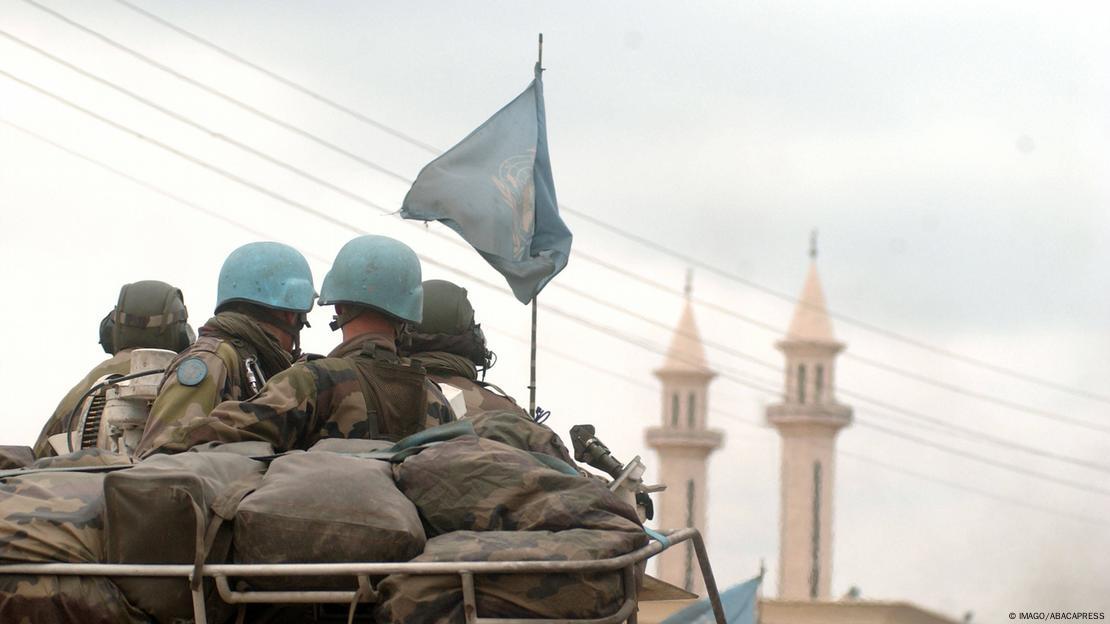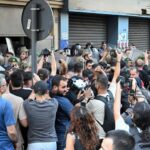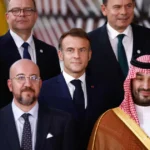As tensions rise between Israel and Hezbollah in the Middle East, the United States has reaffirmed its commitment to resolving the conflict based on United Nations (UN) Resolution 1701. On Monday, October 21, 2024, U.S. special envoy Amos Hochstein emphasized Washington’s efforts for a swift resolution, grounded in this UN framework established in 2006.
The 1701 resolution, unanimously adopted by the UN Security Council on August 11, 2006, officially ended the 33-day war between Israel and Hezbollah. This war saw intense Israeli airstrikes and a ground invasion of southern Lebanon. The resolution called for a ceasefire and a long-term solution, urging the complete withdrawal of Israeli forces and a return to stability in the region.
What Resolution 1701 Stipulates
One of the key components of Resolution 1701 is the call for the Lebanese army and the UN’s peacekeeping force (UNIFIL) to maintain security in southern Lebanon, prohibiting any armed groups from operating in the area. The aim is to ensure the withdrawal of unauthorized military forces, particularly Hezbollah, from the region south of the Litani River, near Israel’s northern border. However, despite the resolution’s clear terms, Hezbollah has maintained a strong presence in the area, defying the UN mandate.
The “Blue Line,” a demarcation extending 120 kilometers along the Lebanon-Israel border, plays a crucial role in maintaining this peace agreement. While it is not an official international boundary, it is a temporary line of withdrawal, confirmed by the UN in 2000 to monitor Israel’s withdrawal from southern Lebanon. UNIFIL’s role is to guard the Blue Line, ensuring that both sides respect it and avoid renewed hostilities.
Continuing Violations
Despite these measures, the ceasefire established in 2006 has faced numerous challenges. The Israeli government has repeatedly called for full enforcement of Resolution 1701, particularly the removal of Hezbollah from the region south of the Litani River. The pro-Iranian group, backed by Tehran, has remained in southern Lebanon, prompting concerns from Israel about security along its northern border.
The situation escalated dramatically following Hamas’ unprecedented attack on Israel on October 7, 2023, which triggered Israeli military responses, including airstrikes in southern Lebanon. On September 30, 2024, Israel launched what it described as a “limited ground incursion” into Lebanon, which UNIFIL warned could be extremely dangerous. UNIFIL condemned the Israeli actions as a violation of Lebanese sovereignty and a breach of Resolution 1701, accusing Israeli forces of targeting its peacekeepers.
UNIFIL, currently made up of 10,000 troops, including 700 French soldiers, has struggled to maintain peace in the region as tensions rise. The peacekeeping force has called for adherence to the ceasefire and emphasized the need for respect for Lebanon’s territorial integrity. However, violations from both sides, especially Hezbollah’s ongoing presence, have made this a daunting task.
Diplomatic Efforts
Amos Hochstein, during his visit to Beirut, underscored the importance of both parties adhering to Resolution 1701. He also met with Lebanese Prime Minister Najib Mikati, who reiterated Lebanon’s commitment to enforcing the resolution and called for an immediate ceasefire. The Lebanese government has been vocal in its demand for international action to stop Israeli aggression, while also expressing its intent to fulfill its obligations under the 1701 resolution.
The European Union, through its foreign policy chief Josep Borrell, has also suggested reinforcing UNIFIL’s mandate, noting the peacekeeping force’s inability to effectively intervene between Hezbollah and Israel. France has echoed similar sentiments, calling for a ceasefire and respect for international law. French Foreign Minister Jean-Noël Barrot has urged both sides to adhere to humanitarian standards and emphasized the importance of implementing the resolution.
However, analysts remain skeptical about the resolution’s effectiveness. According to former Israeli Foreign Ministry analyst Calev Ben-Dor, neither the United States, France, nor the Lebanese government has significant influence over Hezbollah’s actions. He noted that the international community has been unable to secure Hezbollah’s withdrawal from southern Lebanon, which remains a major obstacle to achieving a lasting peace.
The Road Ahead
While Resolution 1701 succeeded in ending the 2006 war, its implementation has been fraught with challenges. The continued presence of Hezbollah in southern Lebanon and the recent escalations following Hamas’ attacks have put the resolution’s relevance into question. The ceasefire provisions and demilitarization of southern Lebanon have not been fully realized, leaving the region vulnerable to further conflict.
Diplomatic efforts continue, but the situation on the ground remains tense. As calls for a ceasefire grow, particularly from the Lebanese government and the international community, the question remains whether Resolution 1701 can be fully enforced, or if new measures are required to address the evolving conflict between Israel and Hezbollah.
For now, the situation continues to unfold, with the international community watching closely to see if the UN and other global powers can navigate the complex dynamics in this volatile region.
This article is originally published on .lexpress.fr








